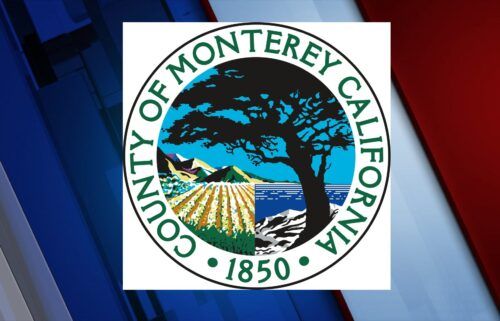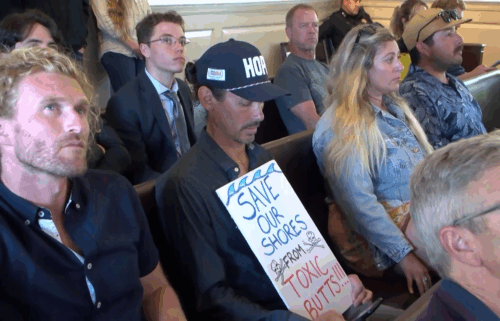New laws tackle rental security deposits, hidden fees and date rape drugs
KMAX, KOVR, CNN
By Richard Ramos, Brandon Downs
Click here for updates on this story
SACRAMENTO, California (KOVR) — Several new California laws have gone into effect as of July 1, 2024, ranging from tenant security deposits being capped to hidden fees being banned and requiring bars to offer date rape drug testing kits.
Here is a breakdown of what state laws are now active.
Security deposits
California renters can no longer be asked by landlords to provide a security deposit greater than one month’s rent.
The bill, authored by Assemblyman Matt Haney (D-San Francisco) was signed by Gov. Gavin Newsom last October and applies whether or not a unit is furnished or unfurnished.
Exempt are landlords who own no more than two rental properties with a collective total of four units or fewer, and who are “a natural person or a limited liability company in which all members are natural persons,” according to the law. Those landlords can ask for security deposits up to two times the monthly rent.
California joins around a dozen other states that have capped tenant security deposits at one month’s rent.
Hidden fees banned
Businesses, like restaurants, are now prohibited from advertising a price for an item and then tacking on hidden fees, like a competitive wage fee or cost of living surcharge, when it’s time for a customer to pay.
Outside of taxes and shipping costs, businesses that sell products or provide services, including online, must display the true price of those products or services.
Drug testing devices
Assembly Bill 1013 requires establishments to offer kits that detect GHB and other substances, known as “roofies,” in drinks. The kits can be free or available for purchase. Any bar and club that does not comply could face administrative actions impacting their license.
Affordable housing development
Senate Bill 4 makes it legal for faith-based institutions and non-profit colleges to build multi-family homes that are affordable on the land they own by streamlining the permitting process and overriding local zoning restrictions. The law frees up about 171,000 acres throughout California for faith-based organizations to convert parking lots and unused land into affordable housing.
Guns and ammo tax
The law doubles the taxes on guns and ammunition to use the money to pay for more security at public schools and other violence prevention programs. It adds an 11% tax on top of the already 10% or 11% that the federal government taxes.
Right to repair
The law requires manufacturers of electronic devices and appliances that cost more than $50 to provide the owner with product tools, parts of instructions to repair a device for seven years after the date the device was manufactured.
Workplace violence protection
The law states that employers should have a contingency plan for all types of violence, from active shooters to confrontations with aggressive customers. Senate Bill 553 also requires a log of all incidents and employee training.
School suspensions and exclusions
Senate Bill 274 makes it illegal for public schools to suspect students for low-level behavior issues among TK through 12th-grade students. It builds off Senate Bill 419, which permanently banned willful defiance suspensions in grades TK to 5 and prohibited them in grades 6 to 8 until 2025.
Menstrual products in school restrooms
The law requires public schools with third through 12th-grade students to provide free menstrual products in all women’s restrooms and all-gender restrooms. It also requires free menstrual products in at least one men’s restroom. The law previously existed for grades sixth through 12th.
Please note: This content carries a strict local market embargo. If you share the same market as the contributor of this article, you may not use it on any platform.


